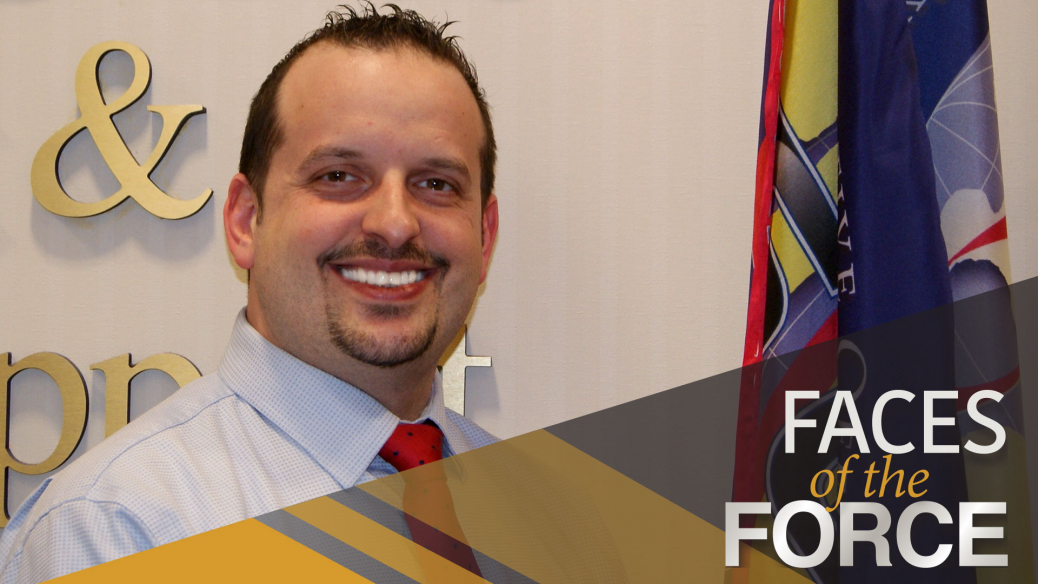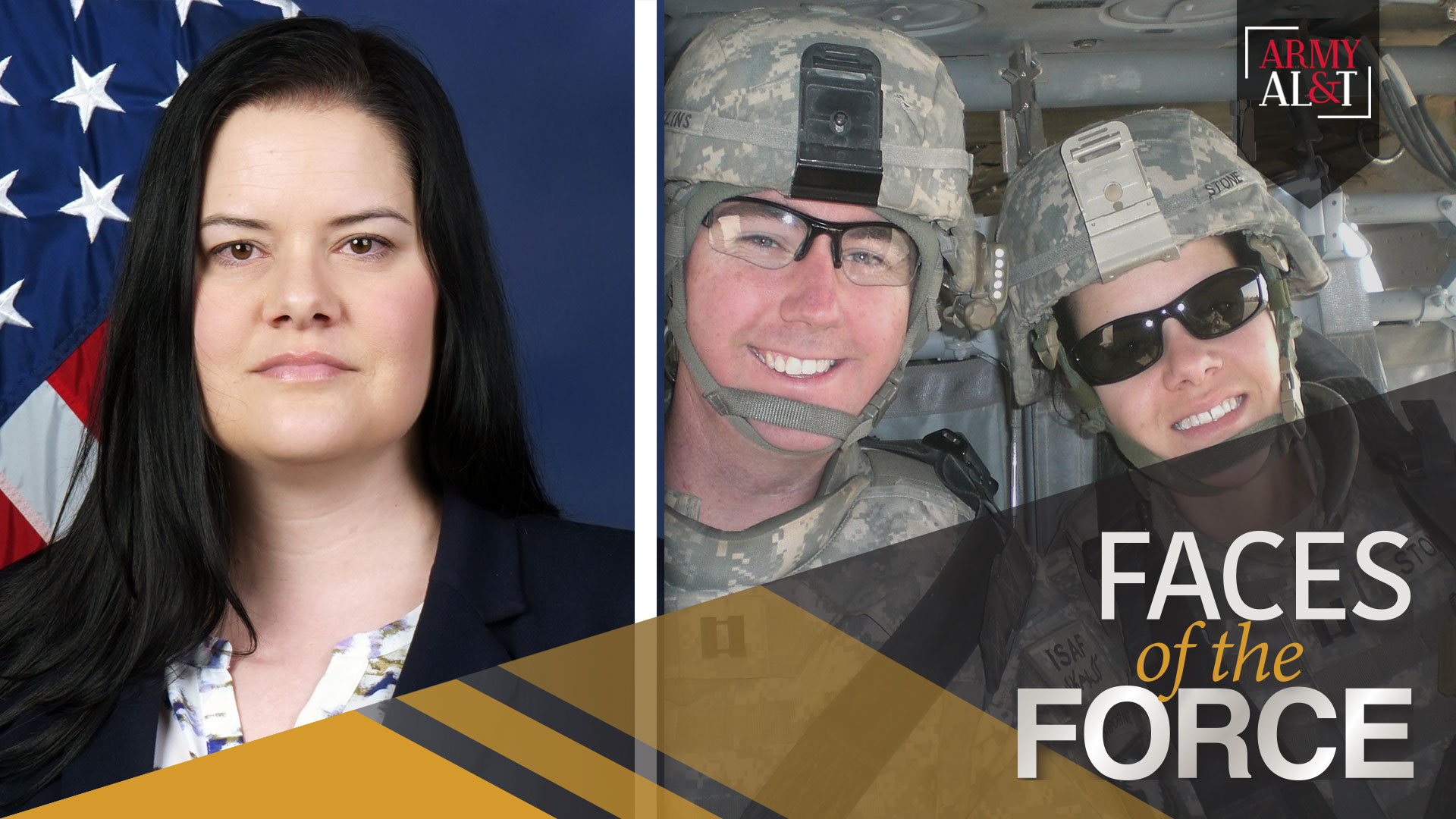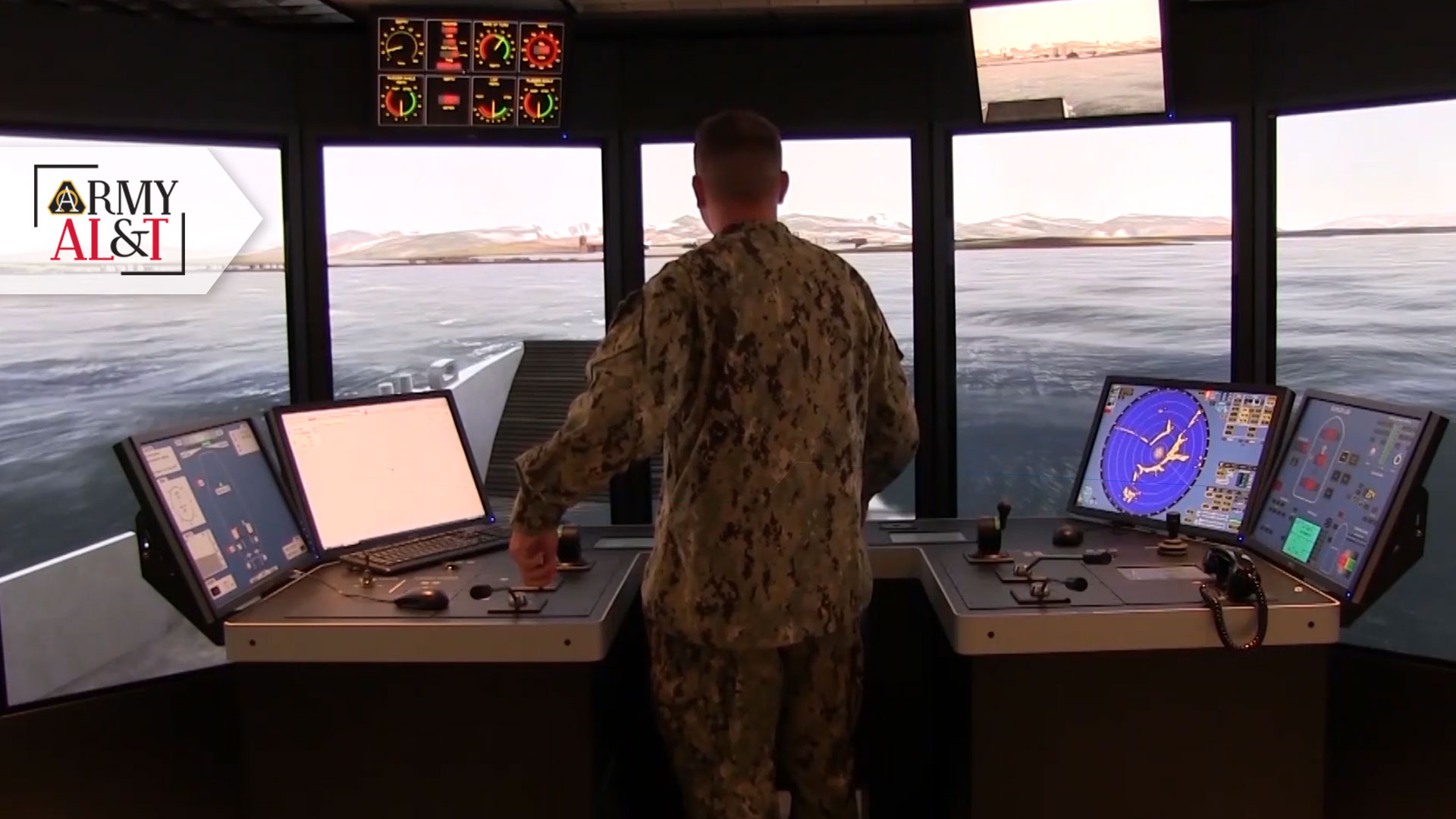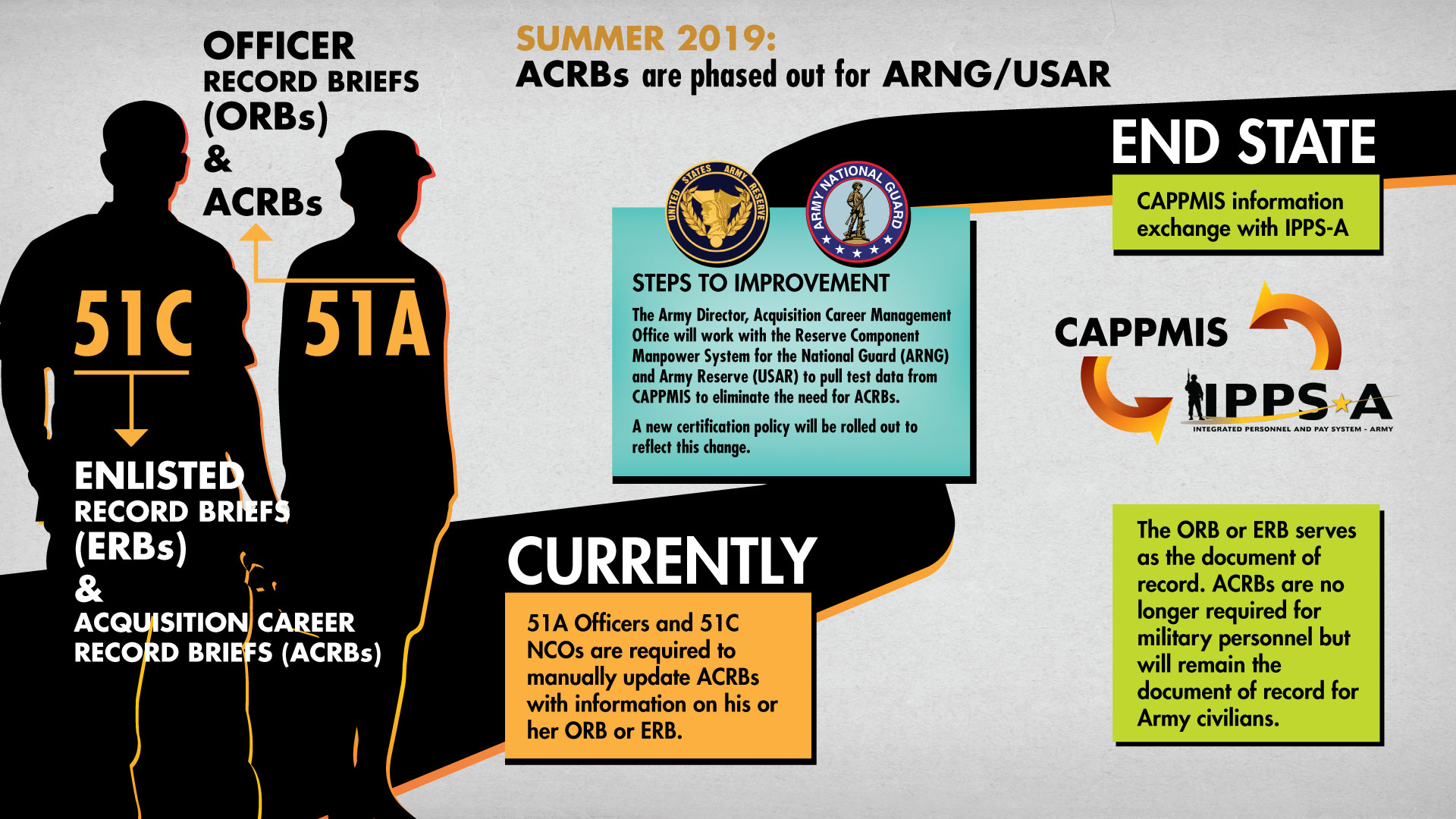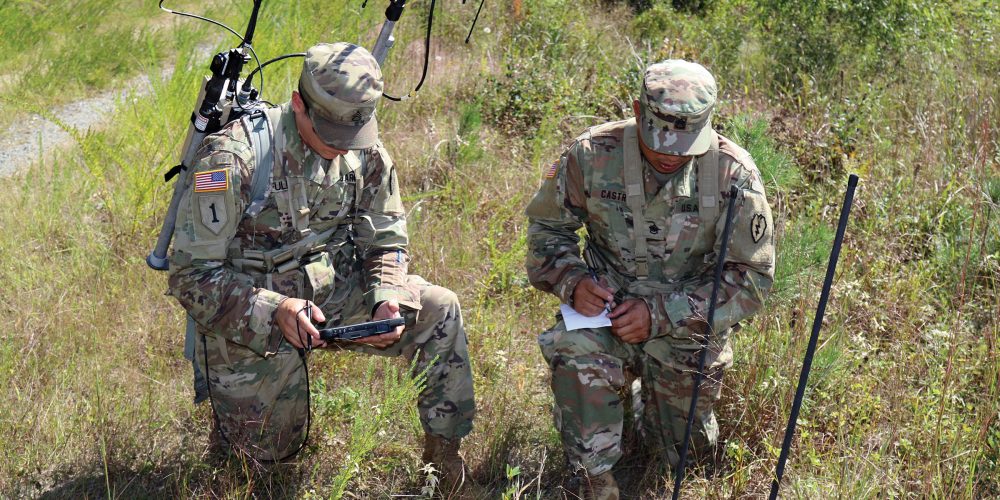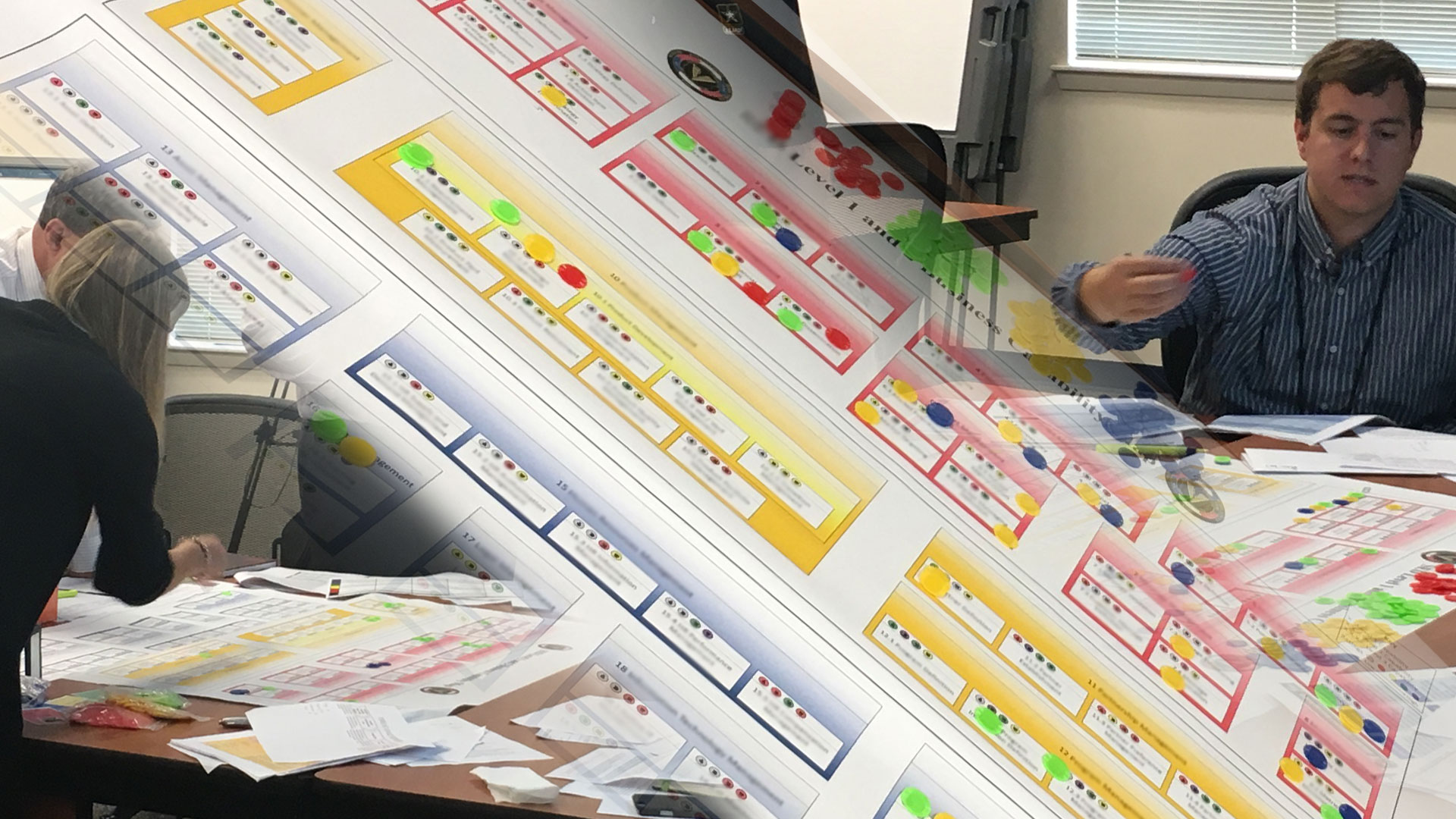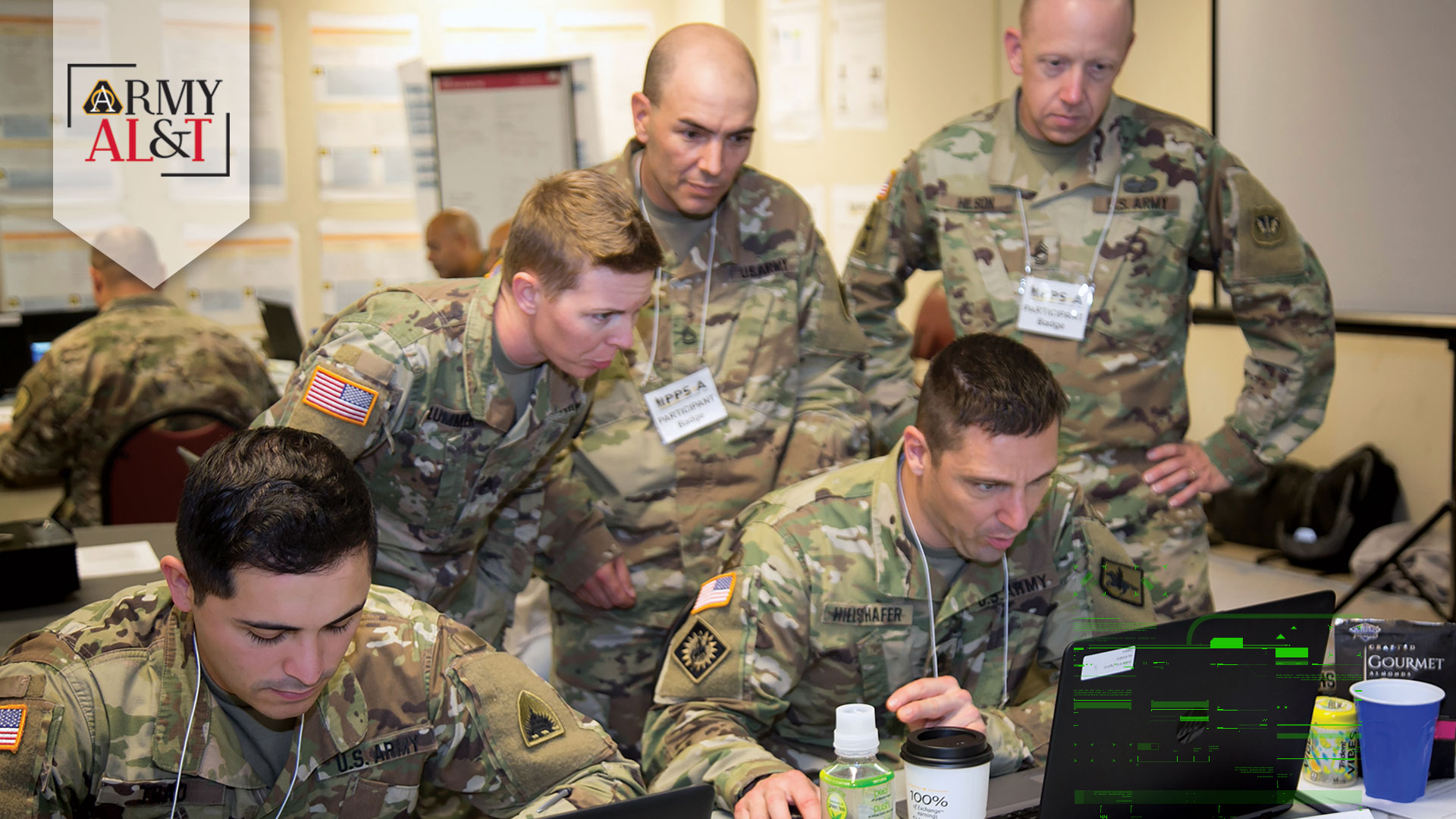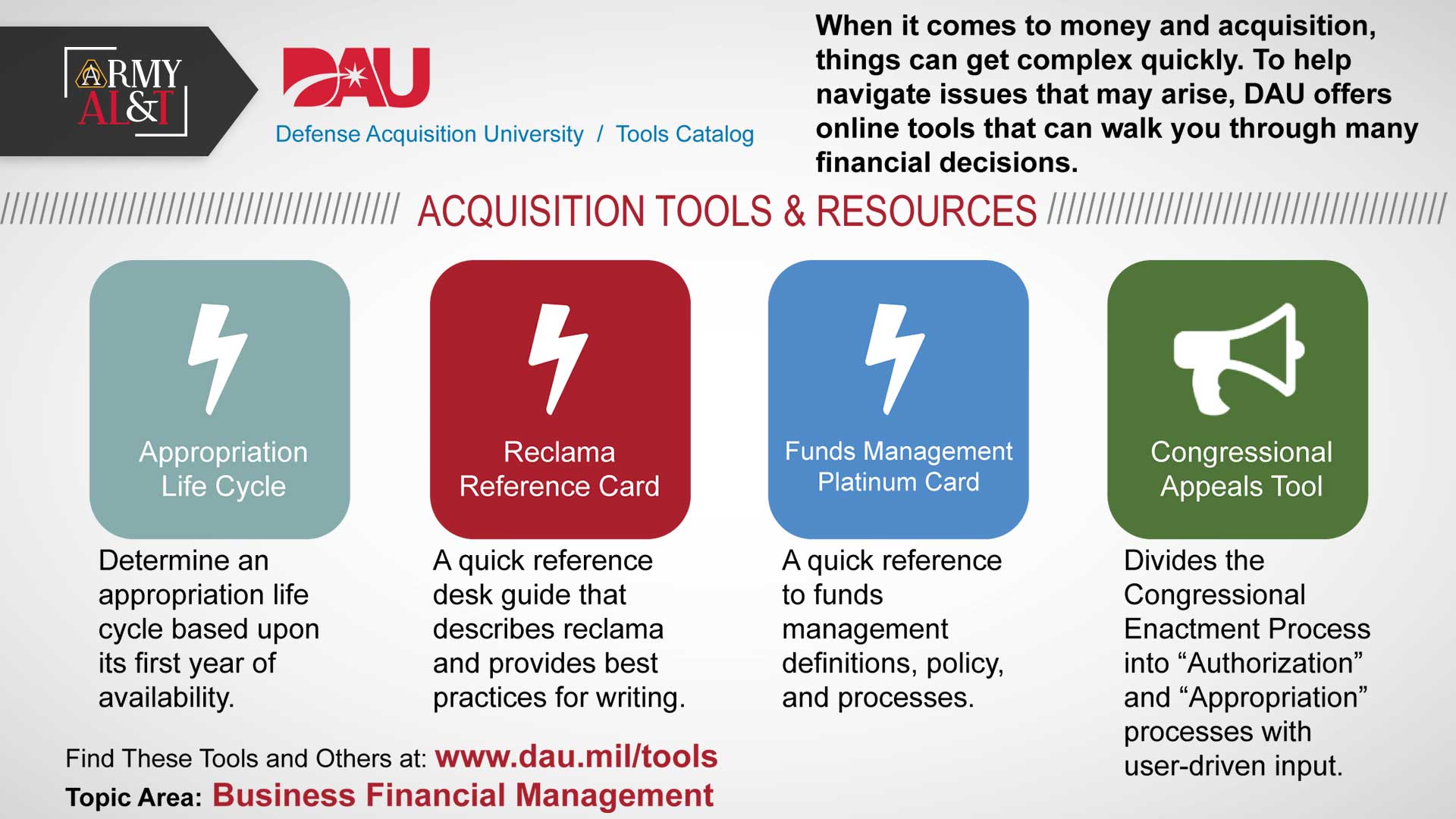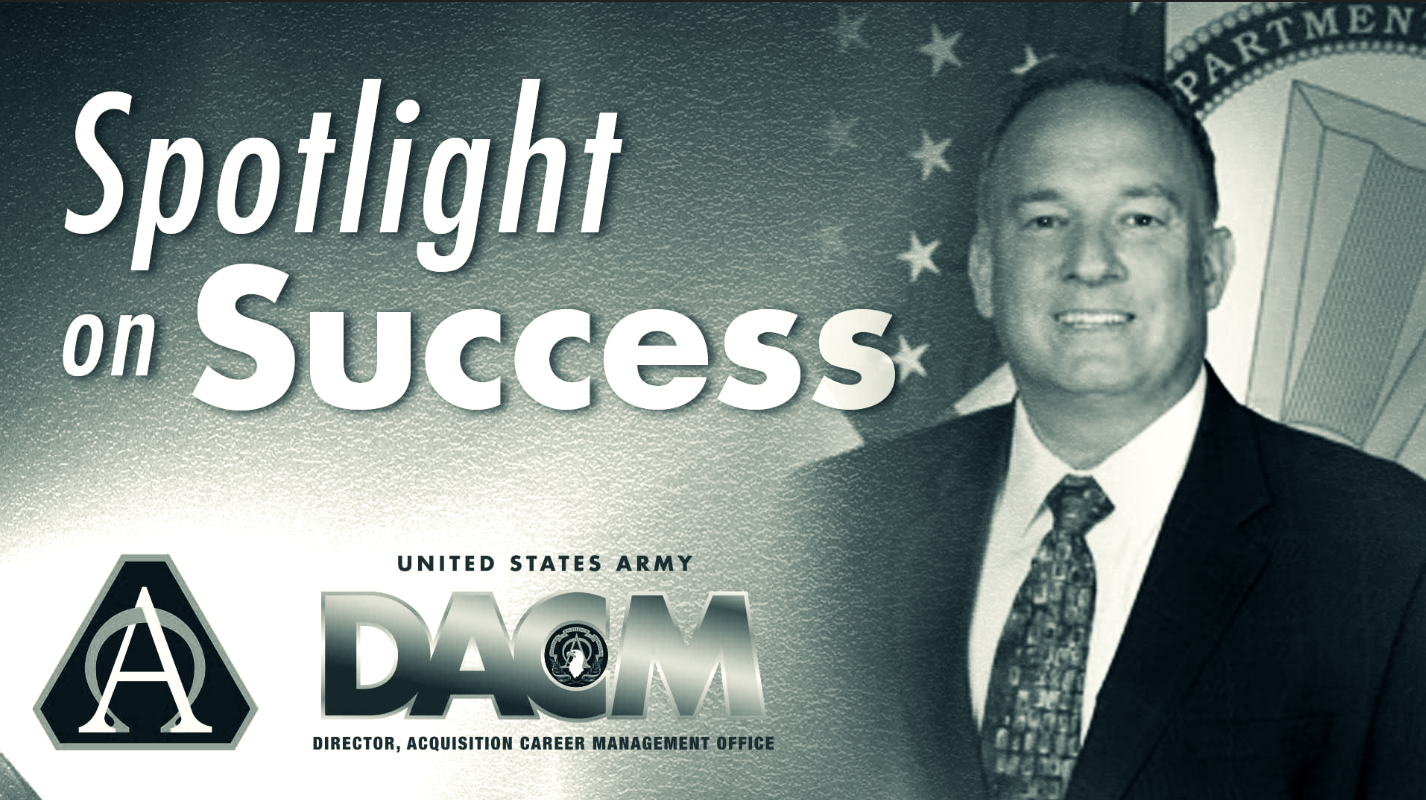David Shammami
COMMAND/ORGANIZATION: Program Executive Office for Combat Support and Combat Service Support
POSITION AND OFFICIAL TITLE: Lead program analyst
YEARS OF SERVICE IN WORKFORCE: 10
DAWIA CERTIFICATIONS: Level III in business financial management, Level II in project management
EDUCATION: MBA with concentration in project management, Walsh College; B.S. in finance, Oakland University
AWARDS: Army Superior Unit Award, Achievement Medal for Civilian Service
by Susan L. Follett
If there’s one thing that acquisition doesn’t lack, it’s regulations and processes. New ones are issued almost weekly, it seems, and deciphering that guidance and linking it to how work gets done is a challenge David Shammami tackles often. Shammami is a program analyst for the headquarters staff at the Program Executive Office for Combat Support and Combat Service Support (PEO CS&CSS) in Warren, Michigan. His primary duties involve budget execution reporting and support, as well as audit sustainment initiatives.
“We will often get tasked with a new requirement or told to follow a new set of rules that have the intention of making us better, but can be difficult to incorporate or follow,” he said. “Instead of trying to make the square peg fit in the round hole, I try to actively engage with all parties involved—those who issue the guidance and those who are affected by the guidance—to get to a common understanding.”
Fortunately for him, his work brings him in contact with lots of “pegs.” “Supporting execution involves being in constant contact with analysts in our project offices, other PEOs and other Army organizations,” he said, working on lessons learned from dealing with common Army systems—General Fund Enterprise Business System (GFEBS), the Logistics Modernization Program (LMP) or Global Combat Support System – Army, for example—policy issues, and new guidance from HQDA, the Office of the Secretary of Defense or the assistant secretary of the Army for acquisition, logistics and technology.
“Being part of the acquisition community has afforded me the opportunity of working with people with common experiences, knowledge, skill sets and goals. Being in contact with these colleagues, having conversations, growing with them, even people I have never met in person—but communicate with on a regular basis—is one of the things I enjoy most about being part of this community,” said Shammami, who has been in acquisition for a decade.
Shammami’s acquisition career started while he was pursuing his master’s degree, when he served as an intern with the U.S. Army Materiel Command’s Tank-Automotive and Armaments Command’s Budget Office and was assigned to the Product Director for Medium Tactical Vehicles within PEO CS&CSS. “From the get-go, I could tell that I wasn’t just truly a ‘number-cruncher’ examining numbers on a spreadsheet, but becoming involved in actual items being purchased, tracking these massive vehicles, getting them where they need to be, making sure we were tracking our spending against our budget, and meeting with people to get things planned correctly. It was something I really enjoyed. Often in financial positions, we look at numbers and critique them after the fact—sometimes long after. In my experience in the product office, I felt like I was tracking my own personal money.”
Shammami noted that he has “been blessed with nothing but great experiences everywhere I worked. In the beginning of my career, I was given free rein on changing our reporting processes and procedures. Doing so got me into a few higher-level meetings where I was able to display my skill sets and give advice on how to improve, and in the end, help our leadership.” He attended the American Society of Military Comptrollers Professional Development Institute in Orlando, Florida, to learn more about GFEBS before it was deployed. “I had learned our legacy financial systems fairly well, but they were older than me, so I was excited about the prospect of being involved in the launch of something new.”
He joined the headquarters staff of the PEO for Ground Combat Systems in 2012, with the primary responsibility of helping to launch GFEBS. “Through that experience, I met a lot of people and learned a lot about how the Army operates, as well as the differences in the way each organization does business. The experience taught me to be a better analyst, to think more critically, and not be afraid to challenge the norms and build new ones.”
He came to PEO CS&CSS in 2014, and assumed his current role—lead program analyst with an emphasis on audit readiness and budget execution—in 2017. “We try to be as much of a value-add to our project managers as possible, and to think creatively in some instances to help put processes in place to alleviate workload from them when it’s possible,” he said. “Being able to handle multi-tasking is a must for this job, and having various system skillsets is an asset. Because of the sheer number of programs that are in PEO CS&CSS, being able to use various tools and systems such as GFEBS, LMP and Excel is a skill that’s needed to get the data to our leadership they need to make decisions.”
When it comes to career advice, Shammami had this to say: “Find something you are good at that your organization needs, and learn to excel in it. Also, be involved: Go to meetings, go to events, and take advantage of as many learning opportunities you can. Ask questions about why we do things the way we do them. The acquisition process has a lot of nuances, and while you can read and take classes about it, getting information from those who’ve lived it is invaluable. Once you start getting a feel for the business, you can leverage your knowledge to your advantage.”
But once you figure out what you know, keep in mind that there’s a lot more you won’t know. “You can’t possibly know everything, and it’s OK to ask for help,” Shammami said. “Build a network you can rely on to help you when you need it.” He conceded that it’s a lesson that took him a while to understand, “and finally being able to admit that I don’t know everything made me a much better analyst and person. Although I’ve been involved in a bunch of different subjects like budget, manpower, contracts, audit and logistics, I can’t possibly know every single thing about them. So I make sure I know who the groups of people are who do know these things and bring them together to hash out whatever it is we are working on.”
“Faces of the Force” is an online series highlighting members of the Army Acquisition Workforce through the power of individual stories. Profiles are produced by the U.S. Army Acquisition Support Center Communication and Support Branch, working closely with public affairs officers to feature Soldiers and civilians serving in various AL&T disciplines. For more information, or to nominate someone, please go to https://asc.army.mil/web/publications/army-alt-submissions/.

